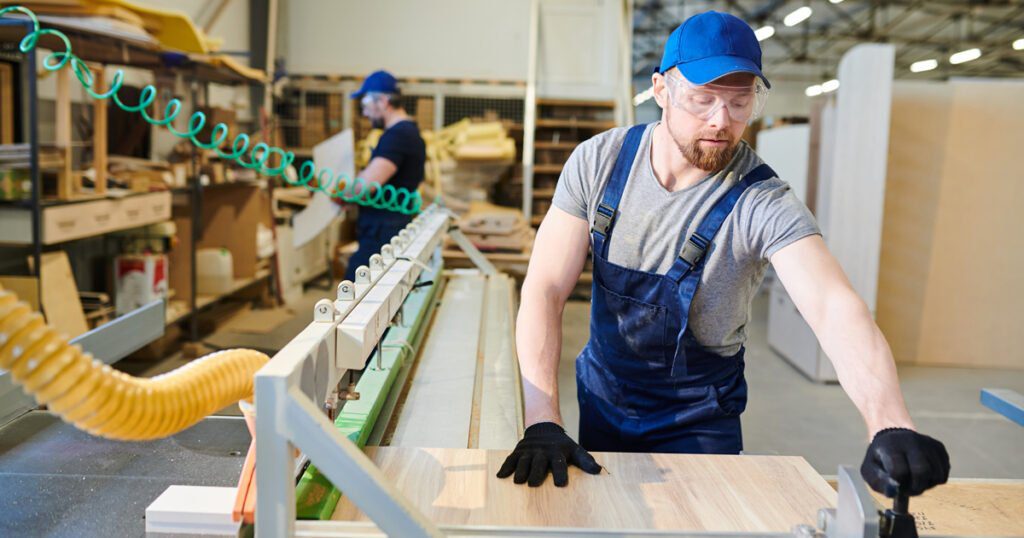
Consumers are increasingly choosing companies which take a sustainable and ethical approach to business.
As a result, companies which value sustainability often find their sales increase, the reputation of their brand improves and they inspire greater loyalty from their customers. Within the furniture industry, some brands have already made a move towards a more sustainable business model.
For those that haven’t, there is building pressure to address the environmental impact of their business and the products they sell. A failure to do so could see some brands being left behind by the competition.
Sustainability can potentially bring with it substantial savings and make companies more efficient. But for it to be successful, companies need to look at how they can make changes at every stage of their operations, including product design, choice of materials, the manufacturing process, packaging and delivery to the customer.
Taking another look at traditional manufacturing processes to make them more streamlined can help reduce a brand’s carbon footprint. Furniture companies looking to become more sustainable may also change the raw materials they use to make products, increasing the use of recycled and recyclable materials and swapping artificial products for natural ones, which have less of an environmental impact.
Naturally renewable materials
Wood has been used in furniture manufacturing for centuries but is still a great choice today as it is naturally renewable and any waste products are biodegradable. When it comes to upholstery, manufacturers are increasingly using natural textiles which are biodegradable like wool as well as fabric made from recycled materials like PET plastic bottles.
Reducing the use of harmful chemicals, preservative sprays and coatings during the manufacturing process can also make products more environmentally friendly. Brands are increasingly cutting out the use of volatile organic compounds (VOCs) often found in flame retardant coatings and using low VOC products as well as water-based finishes, foams and glues.
Other ways companies can potentially improve sustainability is to look at more efficient ways of collecting materials and delivering products to customers. Packaging is also a key area with consumers favouring brands which use minimal packaging and eco-friendly alternatives to single-use plastic and polystyrene foam.
Many furniture firms are also thinking carefully about the lifecycle of their products, building them to last longer and putting thought into what will happen to items at the end of their natural lifespan. This could involve recycling, recommerce, upcycling and buy back or take back schemes.
Working with a third-party logistics (3PL) company like AP+ can also help with a drive towards sustainability. Outsourcing the storage of stock and the distribution of products can make the process of fulfilling customer orders more efficient, minimising any potential waste.
To find out more about how working with AP+ can help your company work towards its sustainability goals, talk to our team today.







